

 As AI transforms how users search, the domain name is evolving from a traffic destination into a trust signal - crucial for citation, identity, and authority in an Internet shaped by machine-mediated discovery.
As AI transforms how users search, the domain name is evolving from a traffic destination into a trust signal - crucial for citation, identity, and authority in an Internet shaped by machine-mediated discovery.
 As smartphones become the primary gateway to the internet for billions, a critical question emerges: does app-based digital fluency prepare users for the demands of computer-based work in a modern economy?
As smartphones become the primary gateway to the internet for billions, a critical question emerges: does app-based digital fluency prepare users for the demands of computer-based work in a modern economy?
 The Internet is evolving far beyond screens and smartphones. A proposed seven-stage framework anticipates a future shaped by autonomous agents, sensory wearables, global connectivity, and quantum networks redefining how humans interact with the digital world.
The Internet is evolving far beyond screens and smartphones. A proposed seven-stage framework anticipates a future shaped by autonomous agents, sensory wearables, global connectivity, and quantum networks redefining how humans interact with the digital world.
 The hiQ ruling erased legal protections against commercial scraping, leaving infrastructure providers to absorb escalating costs. Without federal action defining data misappropriation, a free-rider AI economy could undermine open networks, investment, and long-term data integrity.
The hiQ ruling erased legal protections against commercial scraping, leaving infrastructure providers to absorb escalating costs. Without federal action defining data misappropriation, a free-rider AI economy could undermine open networks, investment, and long-term data integrity.
 Artificial intelligence is transforming Africa's informal economy by improving access to finance, optimizing business operations, and helping small-scale entrepreneurs transition into the formal sector, despite challenges such as digital illiteracy and infrastructure gaps.
Artificial intelligence is transforming Africa's informal economy by improving access to finance, optimizing business operations, and helping small-scale entrepreneurs transition into the formal sector, despite challenges such as digital illiteracy and infrastructure gaps.
 The Secure Hosting Alliance has introduced a certification programme to establish clear, verifiable standards for internet hosting providers, aiming to improve accountability, boost transparency, and strengthen the trust that underpins global online infrastructure.
The Secure Hosting Alliance has introduced a certification programme to establish clear, verifiable standards for internet hosting providers, aiming to improve accountability, boost transparency, and strengthen the trust that underpins global online infrastructure.
 Around the world, communities are racing to close the digital divide. From fiber deployments in rural areas to affordable smartphones and digital skills training, the goal is clear: connect the unconnected. But as we pursue that goal, a deeper question emerges that demands just as much urgency as infrastructure: When people get online, can they actually participate in the digital world?
Around the world, communities are racing to close the digital divide. From fiber deployments in rural areas to affordable smartphones and digital skills training, the goal is clear: connect the unconnected. But as we pursue that goal, a deeper question emerges that demands just as much urgency as infrastructure: When people get online, can they actually participate in the digital world?
 The international community has long struggled with the challenge of translating international law into actionable norms and practices in cyberspace. The conclusion of the United Nations Open-Ended Working Group (OEWG) on the security of and in the use of information and communications technologies 2021-2025 marks a vital milestone in that ongoing process.
The international community has long struggled with the challenge of translating international law into actionable norms and practices in cyberspace. The conclusion of the United Nations Open-Ended Working Group (OEWG) on the security of and in the use of information and communications technologies 2021-2025 marks a vital milestone in that ongoing process.
 At first glance, this book looks like another history of the Internet, but it is much, much more. The authors use their engineering and scholarly understanding of what constitutes Internet history to identify forks in the digital road and key past decisions that shaped the Internet's path. The first part of the book maps out the core technical and policy decisions that created the Internet.
At first glance, this book looks like another history of the Internet, but it is much, much more. The authors use their engineering and scholarly understanding of what constitutes Internet history to identify forks in the digital road and key past decisions that shaped the Internet's path. The first part of the book maps out the core technical and policy decisions that created the Internet.
 The Internet Archive's Controlled Digital Lending (CDL) lends out scans of physical books, ensuring that each scan is lent to one person at a time. Publishers sued, and the Archive lost thoroughly in April 2023. The Archive appealed the decision to the Second Circuit court in New York. As I said at the time, the appeal seemed like a long shot since that is the same court that said that Google Books was OK, mostly because it didn't provide full copies of the books.
The Internet Archive's Controlled Digital Lending (CDL) lends out scans of physical books, ensuring that each scan is lent to one person at a time. Publishers sued, and the Archive lost thoroughly in April 2023. The Archive appealed the decision to the Second Circuit court in New York. As I said at the time, the appeal seemed like a long shot since that is the same court that said that Google Books was OK, mostly because it didn't provide full copies of the books.
 AI technology seems to be a hot topic in every industry, and broadband is no exception. It seems inevitable that AI will be used to help monitor and control complex broadband networks. It looks like the biggest ISPs are already phasing AI into the customer service process. Nobody seems to be able to answer the big question of whether AI will change the amount of broadband the average household uses.
AI technology seems to be a hot topic in every industry, and broadband is no exception. It seems inevitable that AI will be used to help monitor and control complex broadband networks. It looks like the biggest ISPs are already phasing AI into the customer service process. Nobody seems to be able to answer the big question of whether AI will change the amount of broadband the average household uses.
 The Optus outage in Australia from last year was immediately on my mind when on Friday afternoon a similar event swept, this time, across the world. Also, in this case it was a software update that caused the problem. This time from global security software provider CrowdStrike. The culprit appears to be an update to the CrowdStrike Falcon platform, a security monitoring tool widely deployed by businesses and organisations on Microsoft desktop computers and notebooks.
The Optus outage in Australia from last year was immediately on my mind when on Friday afternoon a similar event swept, this time, across the world. Also, in this case it was a software update that caused the problem. This time from global security software provider CrowdStrike. The culprit appears to be an update to the CrowdStrike Falcon platform, a security monitoring tool widely deployed by businesses and organisations on Microsoft desktop computers and notebooks.
 It’s been a while since I took a look at the worldwide Internet. The statistics cited below come from Datareportal. The world population in January 2024 was 8.08 billion, up 74 million from a year earlier, a growth rate of 0.9%. There were 5.61 billion unique mobile subscribers in January, up 138 million (2.5%) over a year earlier. 5.35 billion people used the Internet at the end of 2023, up 97 million (1.8%) from a year earlier.
It’s been a while since I took a look at the worldwide Internet. The statistics cited below come from Datareportal. The world population in January 2024 was 8.08 billion, up 74 million from a year earlier, a growth rate of 0.9%. There were 5.61 billion unique mobile subscribers in January, up 138 million (2.5%) over a year earlier. 5.35 billion people used the Internet at the end of 2023, up 97 million (1.8%) from a year earlier.
 There have been a number of occasions when the Internet Engineering Task Force (IETF) has made a principled decision upholding users' expectations of privacy in their use of IETF-standardised technologies. (Either that, or they were applying their own somewhat liberal collective bias and to the technologies they were working on!) The first major such incident that I can recall is the IETF's response to the US CALEA measures.
There have been a number of occasions when the Internet Engineering Task Force (IETF) has made a principled decision upholding users' expectations of privacy in their use of IETF-standardised technologies. (Either that, or they were applying their own somewhat liberal collective bias and to the technologies they were working on!) The first major such incident that I can recall is the IETF's response to the US CALEA measures.
 Yesterday -- in a unanimous decision of the US Federal Court of Appeals for the DC Circuit (CADC) in ASTM v. Public.Resource.Org --- some of the worst standards paywalls came tumbling down. The court definitively determined that where governmental authorities incorporate private organisation technical standards into law by reference, non-commercial dissemination of those standards "constitutes fair use and cannot support liability for copyright infringement."
Yesterday -- in a unanimous decision of the US Federal Court of Appeals for the DC Circuit (CADC) in ASTM v. Public.Resource.Org --- some of the worst standards paywalls came tumbling down. The court definitively determined that where governmental authorities incorporate private organisation technical standards into law by reference, non-commercial dissemination of those standards "constitutes fair use and cannot support liability for copyright infringement."
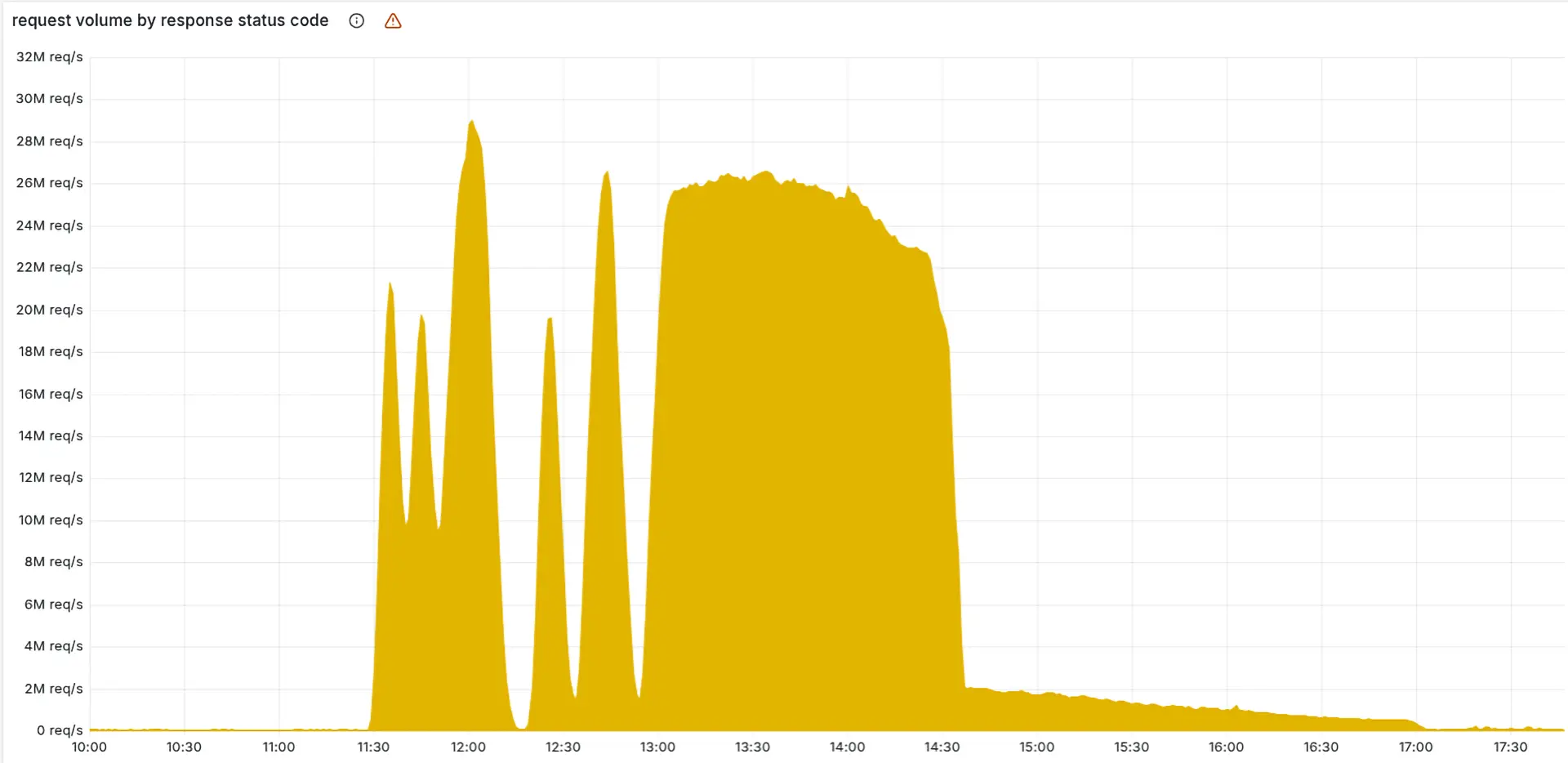 Configuration Chaos: Cloudflare Explains Major Outage in Detailed Post-Mortem
Configuration Chaos: Cloudflare Explains Major Outage in Detailed Post-Mortem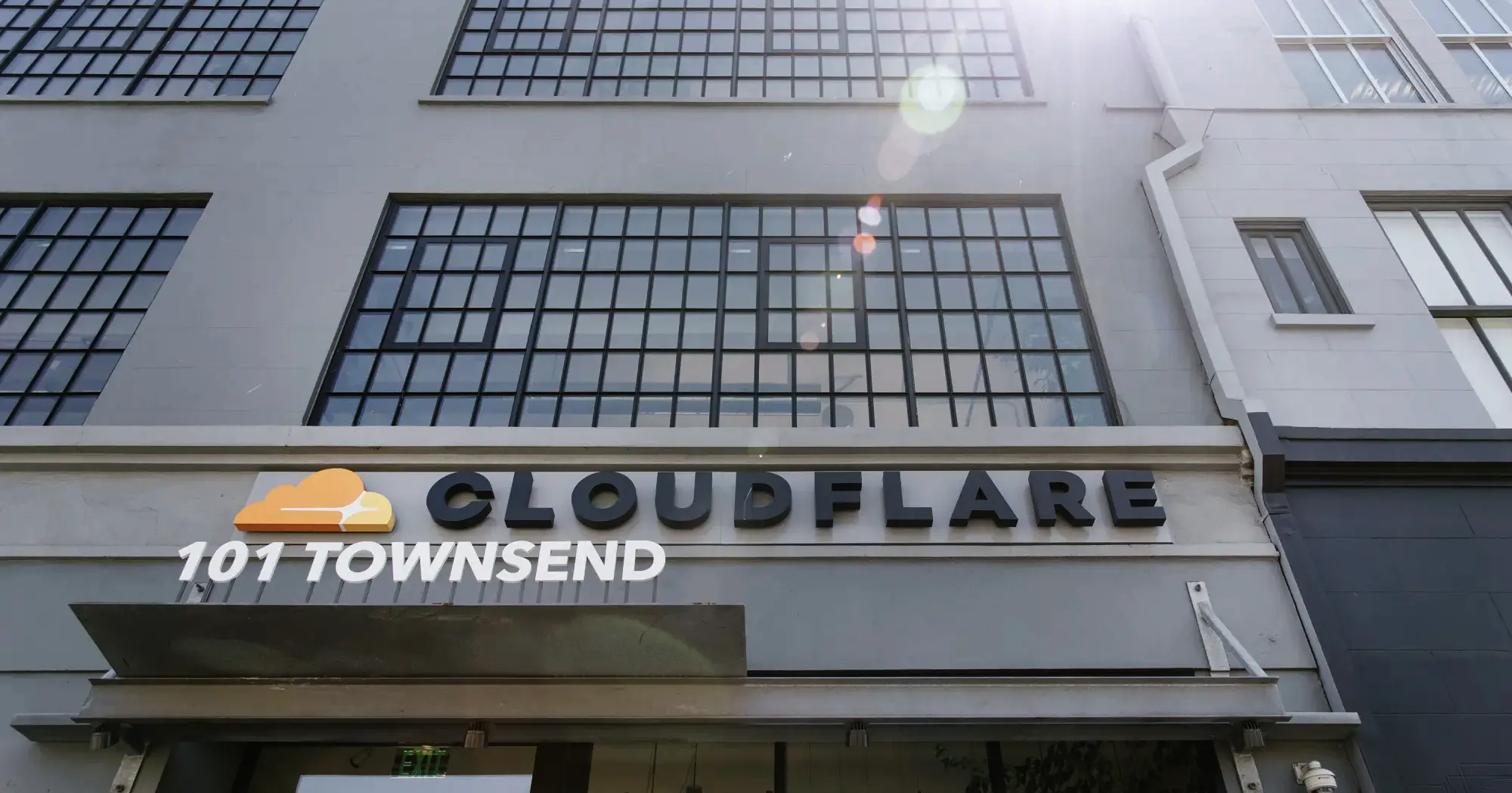 Cloudflare Outage Highlights Internet’s Growing Single Points of Failure
Cloudflare Outage Highlights Internet’s Growing Single Points of Failure Massive AWS Outage Disrupts Global Internet, Services Restored After DNS Failure
Massive AWS Outage Disrupts Global Internet, Services Restored After DNS Failure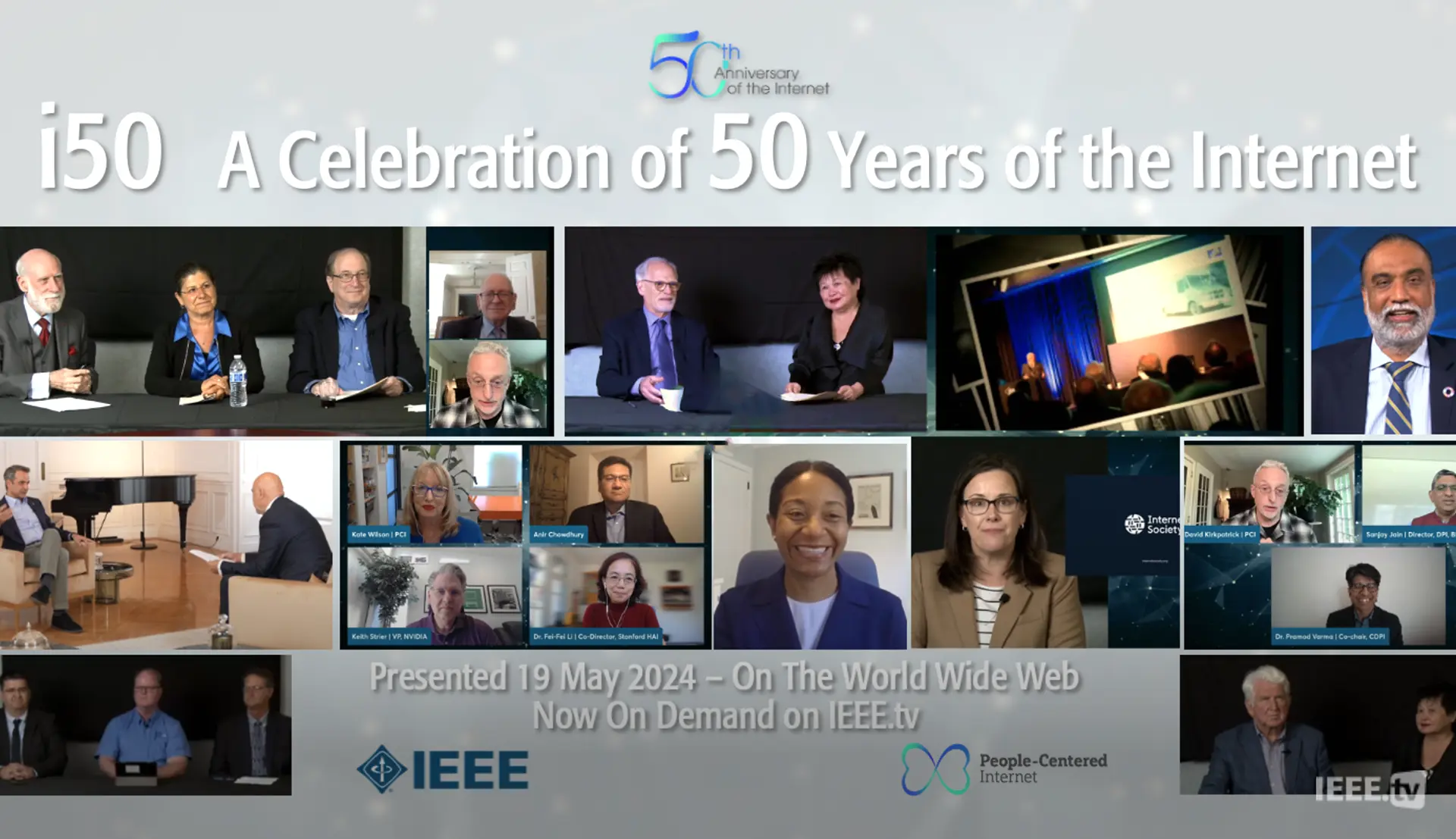 Internet’s 50th Anniversary Celebrated Worldwide with IEEE Event
Internet’s 50th Anniversary Celebrated Worldwide with IEEE Event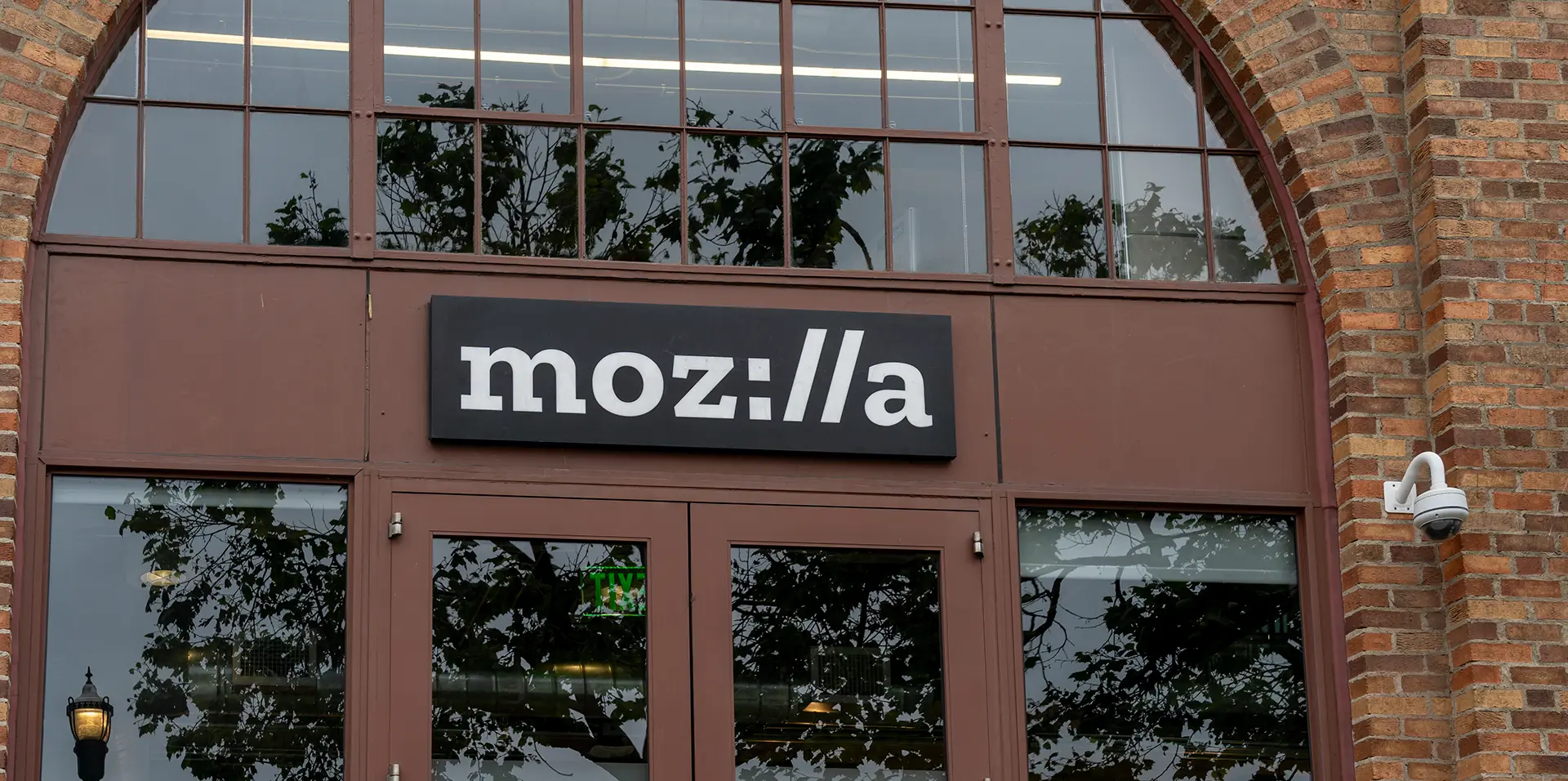 Mozilla Launches Monitor Plus, A Comprehensive Privacy Service
Mozilla Launches Monitor Plus, A Comprehensive Privacy Service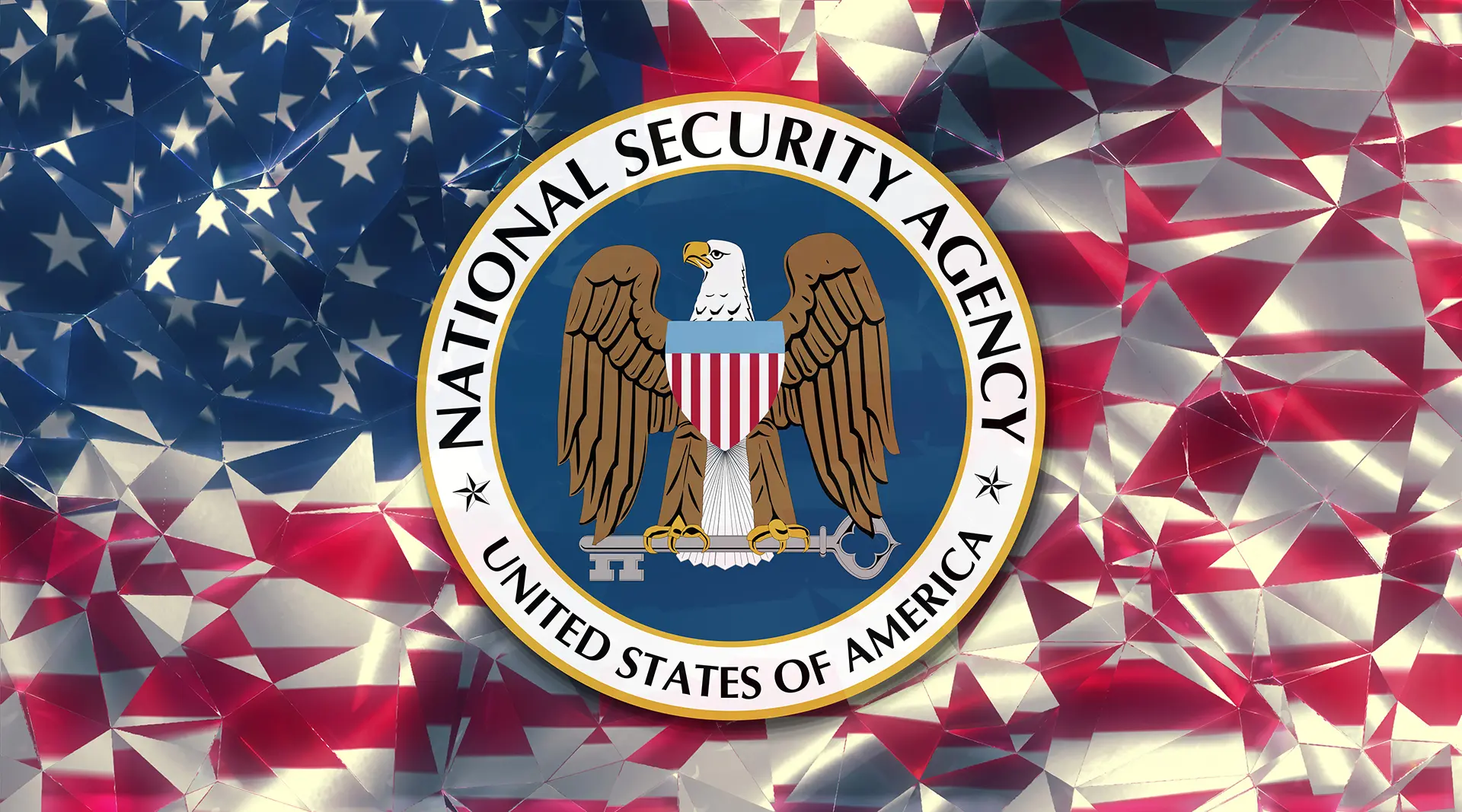 NSA Admits Purchasing Americans’ Internet Browsing Data Without Warrants
NSA Admits Purchasing Americans’ Internet Browsing Data Without Warrants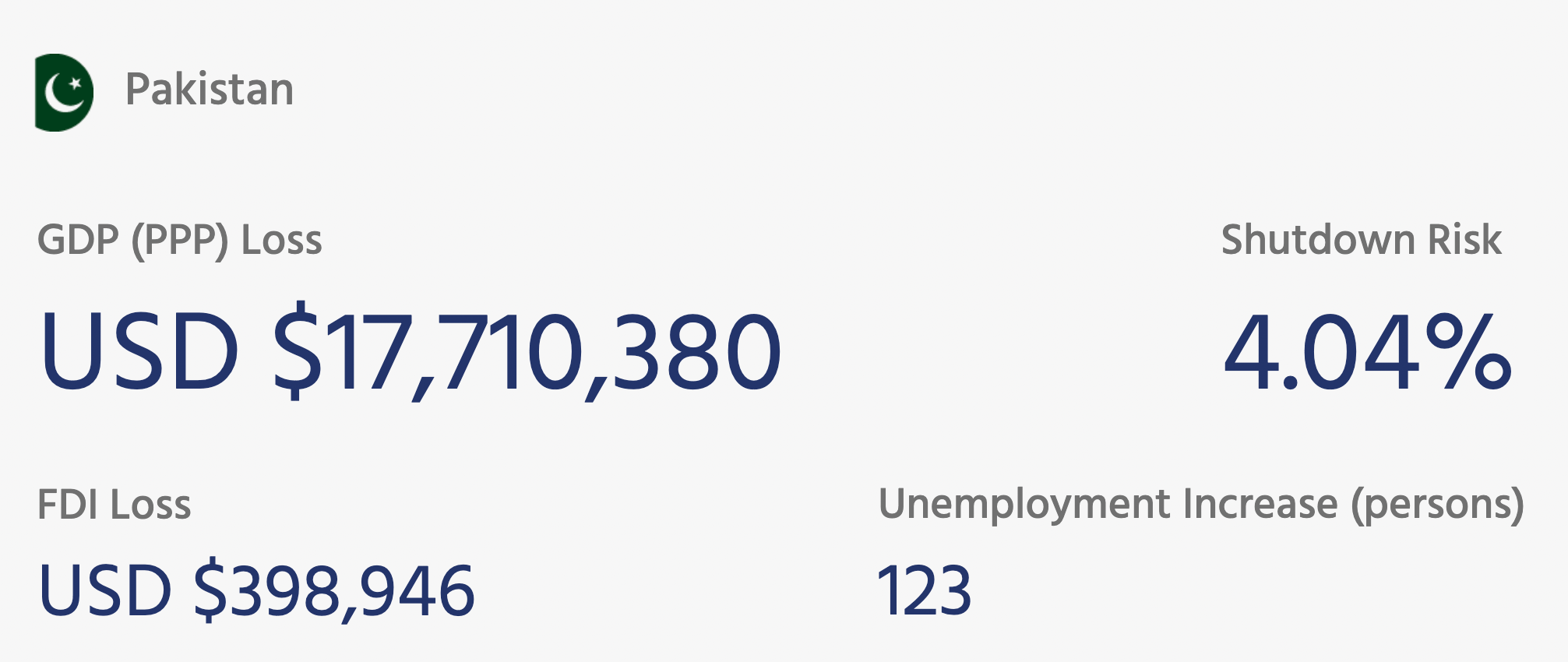 Quantifying Internet Shutdowns: ISOC Introduces the NetLoss Calculator
Quantifying Internet Shutdowns: ISOC Introduces the NetLoss Calculator Celebrating 30 Years Since the World Wide Web Was Released to the Public
Celebrating 30 Years Since the World Wide Web Was Released to the Public Government of India, MeitY Organizes 2-Day Event to Promote Universal Acceptance and Multilingual Internet
Government of India, MeitY Organizes 2-Day Event to Promote Universal Acceptance and Multilingual Internet Europol Warns on the Criminal Usage of ChatGPT and Its Implications for Law Enforcement
Europol Warns on the Criminal Usage of ChatGPT and Its Implications for Law Enforcement Gordon E. Moore, Co-Founder of Intel and Father of Moore’s Law, Passes Away at 94
Gordon E. Moore, Co-Founder of Intel and Father of Moore’s Law, Passes Away at 94 Biden’s Cyberspace Ambassador Urges Americans to Tone Down the Anti-China and Anti-Russia Tough Talk on Tech
Biden’s Cyberspace Ambassador Urges Americans to Tone Down the Anti-China and Anti-Russia Tough Talk on Tech